UN torture rapporteur on the millions at risk
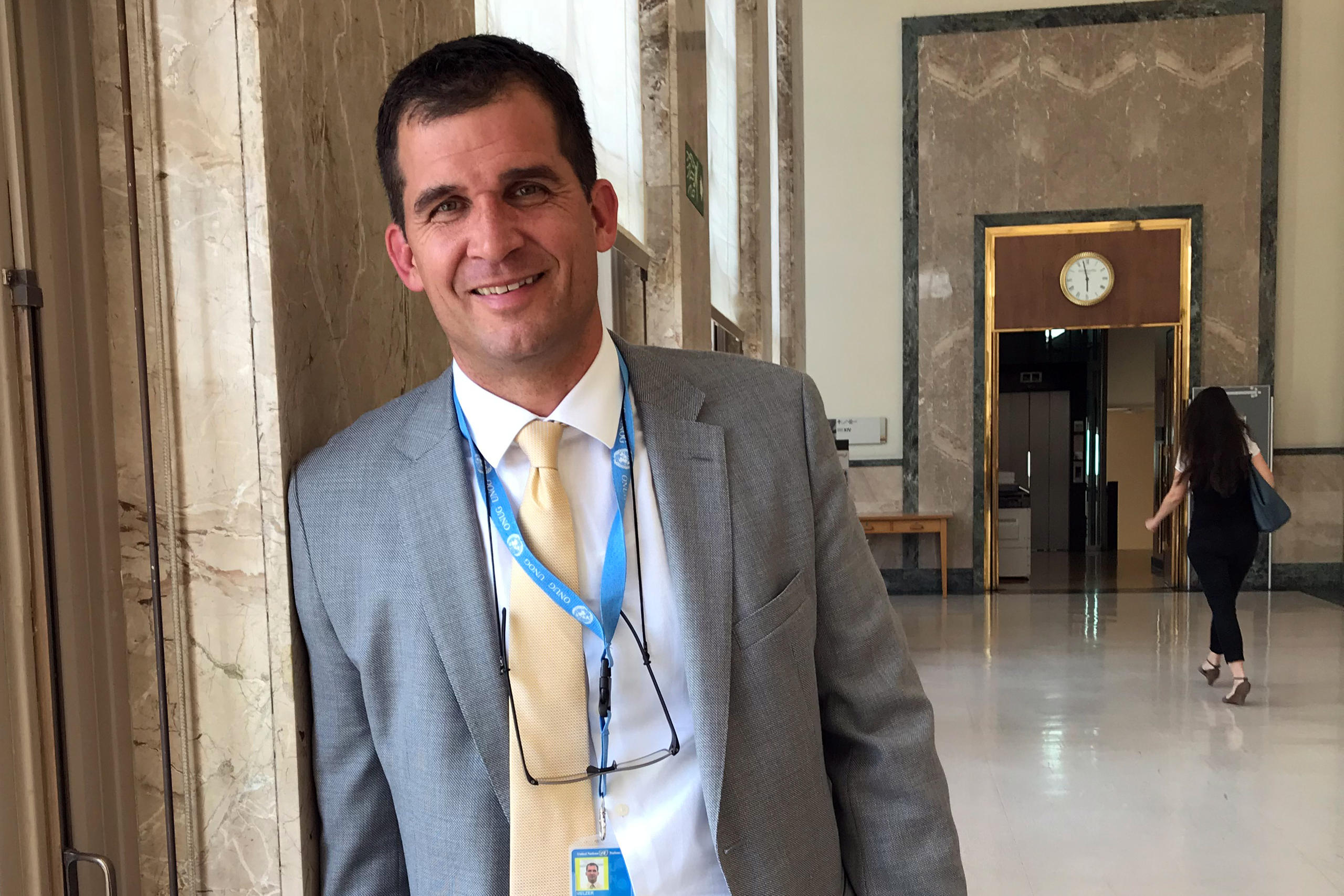
What’s it like to be the UN ‘Special Rapporteur’ on torture? I meet Nils Melzer of Switzerland, the man who carries the current title, and am surprised to learn that his biggest concern is the world’s millions of migrants.
Our meeting produces other surprises, and a few days later I also learn that Melzer is running as a candidate to be the next UN High Commissioner for Human Rights.
He has agreed to meet me at the UN in Geneva. I arrive early and go for a coffee with a colleague, but as we are walking, my sandal catches on something and I fall, causing a bloody knee and a bit of a stir in the coffee bar. A trip to the UN medical unit sees me with a large bandage on one knee, making the wound look worse than it is. And my skirt doesn’t cover my knees as I sit back in the coffee bar waiting for Nils Melzer.
So when he arrives, I decide to recount my little adventure. He smiles and expresses sympathy, saying he has two small daughters of five and eight who are always falling over. He then suggests we find somewhere quieter than the coffee bar, so we find a bench in a long UN corridor. It is the end of the afternoon in a hot July, so there are not many people around.
Melzer’s daughters are curious about what he does. “Sometimes they ask me what I do when I work,” he tells me. “When my older daughter asked me what is torture, I said it is when you hurt someone intentionally. So she walked away, and an hour later came back running, crying, screaming, saying well now you have to intervene because my little sister has just tortured me! In this moment I realized how privileged they are to grow up in a country that is so far from the reality of torture. ” (See box below for the UN definition of torture.)
Independent expert
Melzer holds the human rights chair at the Geneva Academy of International Humanitarian Law and Human RightsExternal link and is a law professor at Glasgow University. UN Special Rapporteurs are independent experts that work on a voluntary, unpaid basis. So why does he do that too?
“I think it’s a great privilege to have a position like this that allows me to contribute to something as important as the prohibition of torture and to have not only direct access to the foreign ministers of UN States, but also to every prisoner in the world,” he says.
“Moreover, the strength of my mandate is that it is not a treaty body, but is directly mandated by the Human Rights Council. This means that I can visit or intervene not only in countries that have ratified human rights treaties, but also in other countries so long as they are members of the UN.”
Country visits are an important part of his mandate. Melzer has, for example, been to Turkey in the wake of the attempted coup two years ago, Serbia, Kosovo and eastern Ukraine.
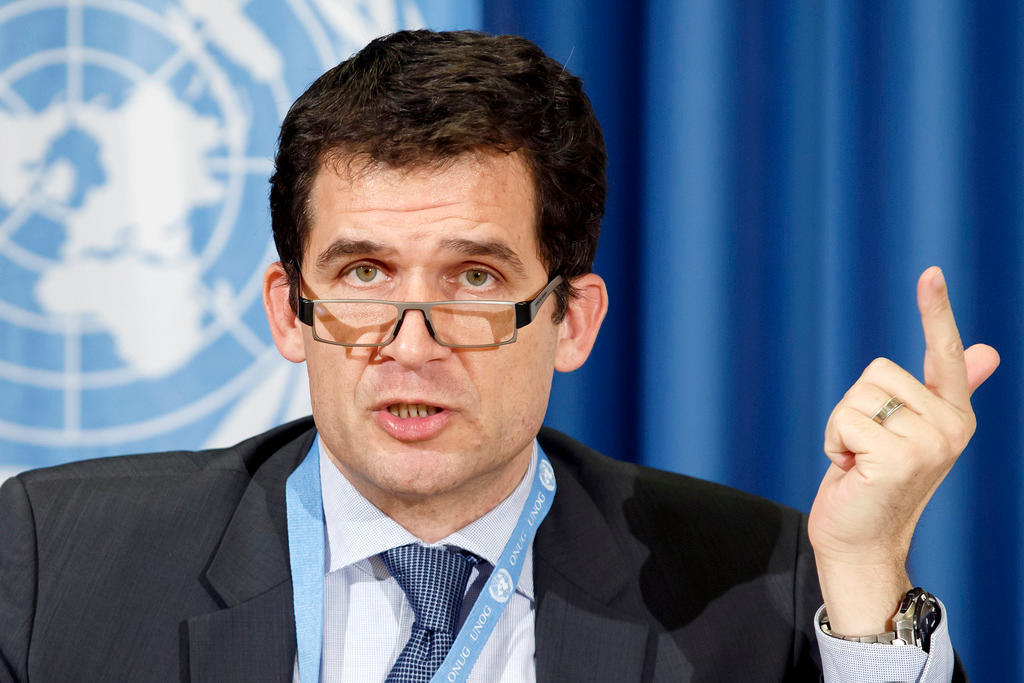
More
Swiss candidate for top human rights job proposes “constant dialogue”
But country visits can only be carried out with the consent of the state in question. Another part of his mandate, where he has more scope and freedom to act fast independently from the UN hierarchy, is individual interventions.
“My mandate receives 10 to 15 requests per day to carry out interventions on behalf of torture victims,” he says. “These can be people who are about to be extradited to a country where they fear to be tortured or have been tortured before. It can be people who have received the death sentence and are awaiting their execution. I am a kind of extraordinary instance that they can get to even when all the court instances have been exhausted. I usually prioritize urgent, life-saving interventions because, with the resources at my disposal, I cannot do more than an average of two interventions per day. The others are referred to other mechanisms whenever possible, but it is true that a certain number of requests I simply cannot respond to due to lack of sufficient staff. In my view, these individual interventions are perhaps the most important aspect of my mandate, as it allows me to directly advocate for the protection of a particular person. ”
Millions of migrants at risk
Melzer’s full title is UN Special Rapporteur on Torture and Other Cruel, Inhuman or Degrading Treatment or PunishmentExternal link. Given the current state of the world and its conflicts, he clearly has his work cut out. So if there is one particular situation that concerns him most right now, what would that be?
“The context that raises the biggest concern with me right now is that of irregular migration, because you have tens of millions of people worldwide – we are talking about the population of a mid-sized country – that don’t have a regular status, are somewhere between borders and are pushed outside normal social circumstances,” he tells me. “They are extremely exposed to ill-treatment, torture, abuse, extortion, rape, even enslavement, and many countries, including developed ones, are actively preventing them from receiving the protection they need. States are even actively making deals with other countries in order to keep people artificially in limbo or in a situation where they are extremely exposed to ill treatment.”
This is clearly something that he feels passionate about.
A group of UN Special Rapporteurs including Melzer recently issued a statementExternal link condemning the US policy of separating migrant children from parents on the Mexican border, saying this could amount to torture. “That certainly is a practice that sets a very bad example which is not compatible with the international obligations of the US under the prohibition of ill-treatment,” he says.
“And there is a bigger issue with the US setting examples for other countries around the world, for example when the US President publicly claims that ‘waterboarding works’ as an interrogation method. This kind of standard setting is very dangerous by a leading Western country that traditionally has been showing other States the way. What should we then expect of other countries that have less means? What are they going to do about migrants, and how are they going to conduct interrogations?”
Global responsibility
But he says irregular migration is not an American but a global issue. “You could go down to Mexico, other countries in Central and South America, to Libya, the Middle East, Australia, or Bangladesh with the Rohingya coming from Myanmar. It’s all over the world. We are talking literally millions and millions of people that go through extremely difficult circumstances and that no-one feels responsible for.”
So what should be done? Melzer shifts on the bench and reflects for a moment.
“I think the first thing we need to realize here is that this humanitarian tragedy of irregular migration is the result of a bigger systemic problem,” he says. “We have states that complain about all these migrants arriving at their borders, but at the same time they export weapons to the same countries people are fleeing from. They support corporate practices that facilitate inhumane working conditions in those countries, as well as supporting or not preventing policies that have a disastrous environmental effect there. We can’t keep doing things in the same way and expect different results.”
The importance of family
Melzer is clearly touched by the cases he’s had to deal with. “It’s true that it is sometimes very difficult to deal with some of the individual cases I see,” he tells me.
“Many of the people that I make interventions for will not be able to escape torture or execution. And I simply have to be aware that I cannot change the whole world, but I can try to at least change the world for a particular individual. So if I can prevent the separation of one child from its parents, I will have changed their world and the whole world for them. And that’s something that I consider worth working for. To expect more, I think, is a guarantee for burnout.”
Melzer says his family and his small daughters help him to stay grounded. “They need me, I need them, we need to have time together,” he continues. “I very much enjoy going to swim with them, teaching them to ride a bicycle. I think that’s important when you have a job like this, to stay rooted in everyday life, family life and reality.
The UN Convention against TortureExternal link defines torture as “any act by which severe pain or suffering, whether physical or mental, is intentionally inflicted on a person” if it is done deliberately for any of the following reasons: to obtain information or a confession from the person being tortured or from someone else; to punish that person for something they or another person has done or is suspected of having done; to intimidate or coerce that person or another person; or for any reason based on “discrimination”. The pain or suffering must also be “inflicted by or at the instigation of or with the consent or acquiescence of a public official or other person acting in an official capacity”. It must not be part of a “lawful sanction”, according to this definition.
This is a fairly restrictive definition of torture, but the Convention also says that it is “without prejudice to any international instrument or national legislation which does or may contain provisions of wider application”.
What else would you like to ask Nils Melzer? Drop us a line in the comments section, or on our Facebook page.

In compliance with the JTI standards
More: SWI swissinfo.ch certified by the Journalism Trust Initiative





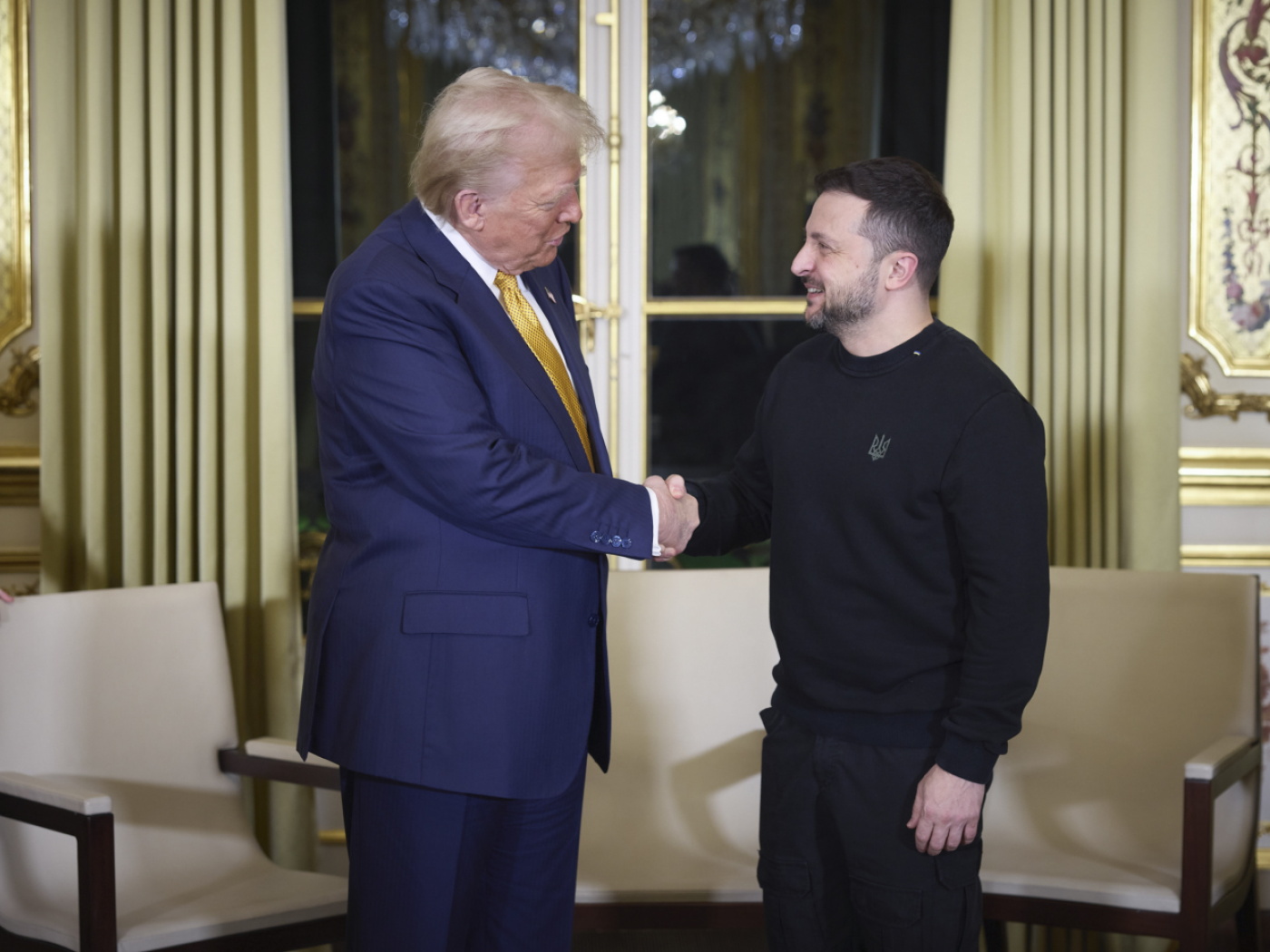



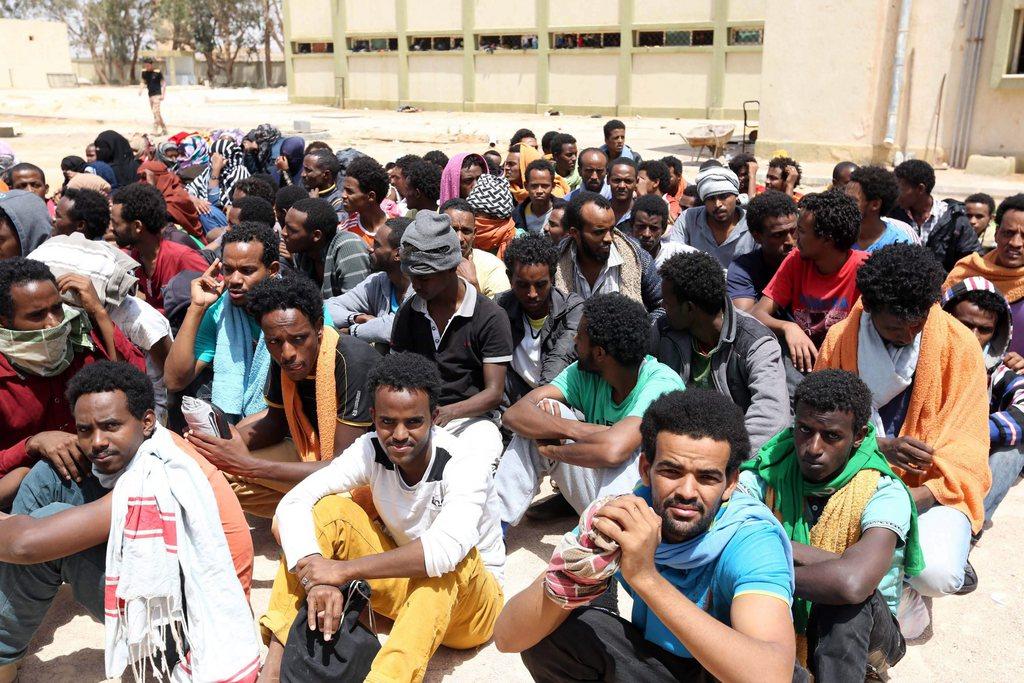
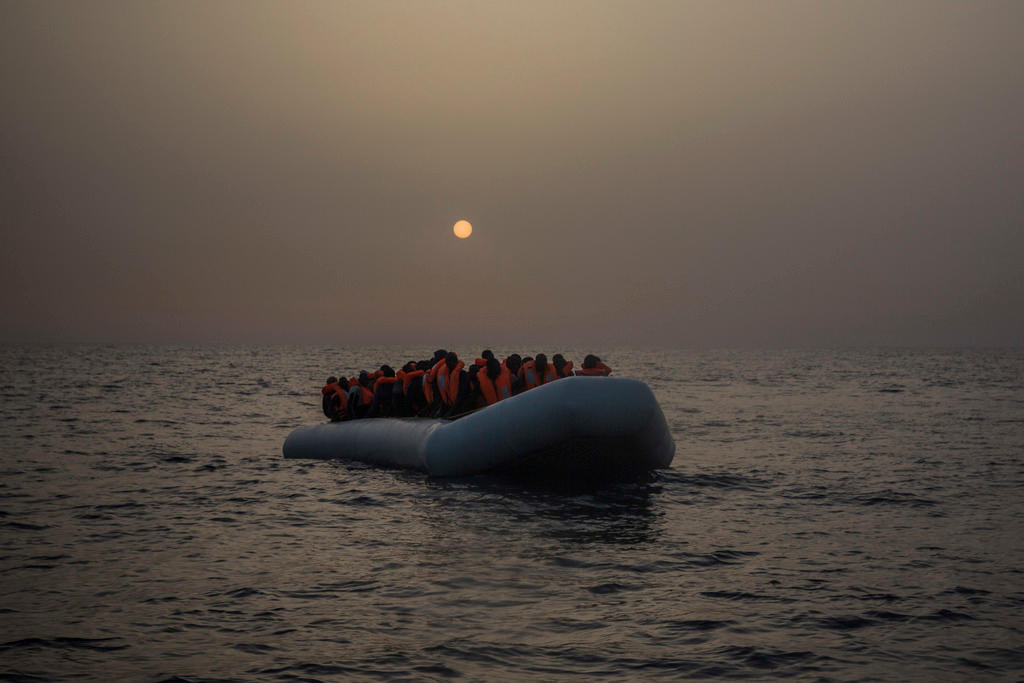



You can find an overview of ongoing debates with our journalists here . Please join us!
If you want to start a conversation about a topic raised in this article or want to report factual errors, email us at english@swissinfo.ch.